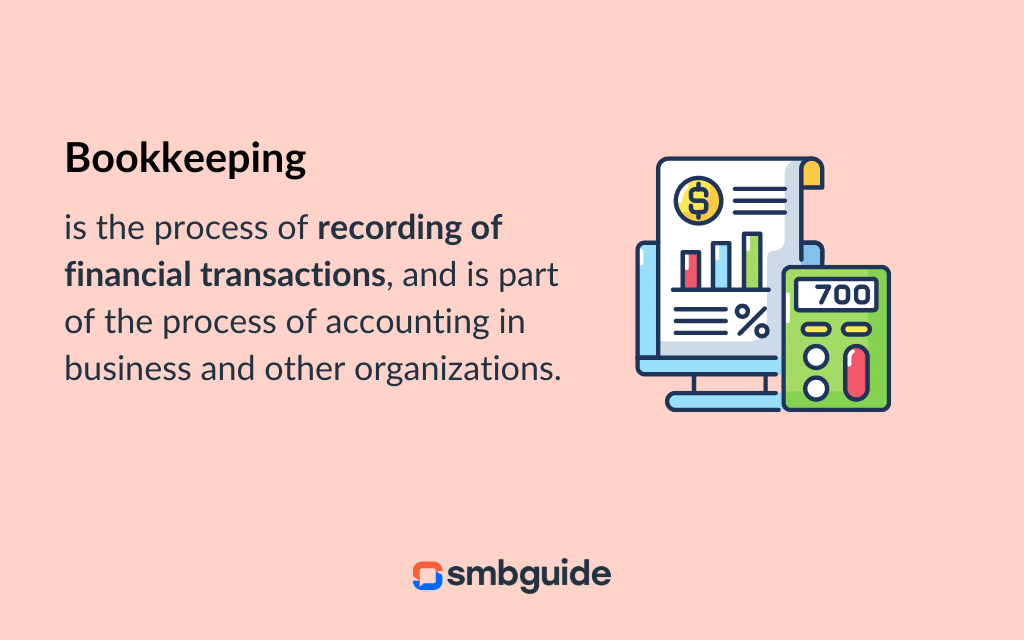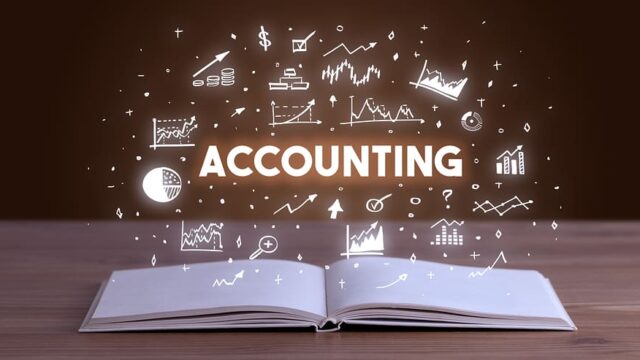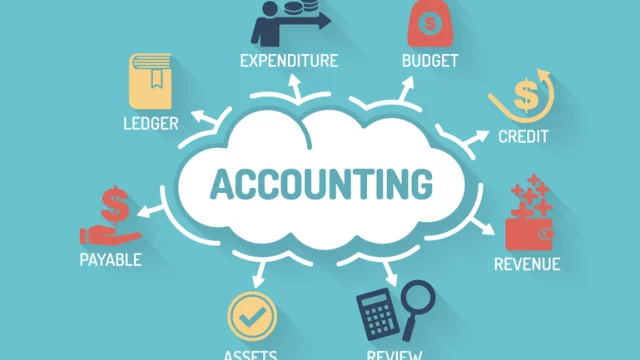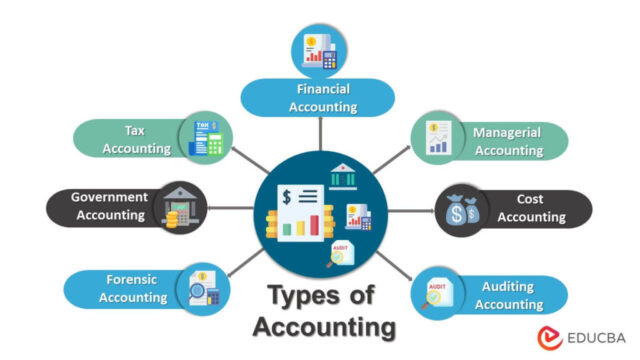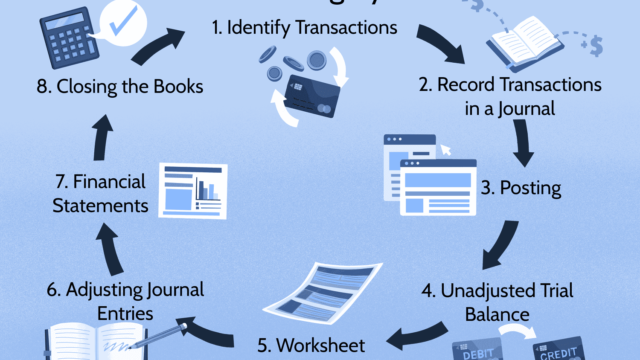Bookkeeping
Popular
Description
Course Objectives
- To provide participants with a comprehensive understanding of bookkeeping principles and practices.
- To develop practical skills for maintaining accurate financial records.
- To equip learners with the knowledge required to prepare financial statements and reports.
- To introduce participants to bookkeeping tools and software.
- To ensure participants understand compliance with relevant financial regulations and standards.
Learning Outcomes
By the end of the course, participants will be able to:
- Define and explain the principles of bookkeeping and its role in business.
- Record financial transactions accurately using double-entry accounting.
- Prepare key financial statements, including income statements, balance sheets, and cash flow statements.
- Manage accounts receivable, accounts payable, and payroll processes effectively.
- Use bookkeeping software to maintain and analyze financial records.
- Identify and correct bookkeeping errors.
- Ensure compliance with financial regulations and standards.
Course Outline
Module 1: Introduction to Bookkeeping
- What is bookkeeping?
- The importance of accurate financial records
- Bookkeeping vs. accounting
- Key terminology in bookkeeping
Module 2: Fundamental Principles of Bookkeeping
- The accounting equation
- Double-entry bookkeeping system
- Debits and credits explained
Module 3: Recording Financial Transactions
- Recording sales and purchases
- Managing cash, bank, and petty cash transactions
- Handling invoices and receipts
Module 4: Financial Statements Preparation
- Understanding income statements
- Preparing balance sheets
- Cash flow statements and their importance
Module 5: Managing Accounts
- Accounts receivable and payable
- Payroll processing and records
- Bank reconciliations
Module 6: Bookkeeping Software
- Overview of popular bookkeeping tools (e.g., QuickBooks, Xero, Wave)
- Setting up and managing accounts in software
- Generating reports using software tools
Module 7: Error Identification and Correction
- Common bookkeeping errors
- Identifying and rectifying discrepancies
- Best practices to avoid errors
Module 8: Financial Compliance and Ethics
- Understanding financial regulations and standards
- Maintaining confidentiality and integrity
- Ethical considerations in bookkeeping
Module 9: Final Project and Assessment
- Real-world bookkeeping scenario
- Prepare and present financial reports
- Peer and instructor feedback
Methodology
- Interactive Lectures:
- Introduce theoretical concepts with practical examples.
- Use slides, videos, and real-world case studies.
- Hands-On Exercises:
- Provide exercises that simulate real bookkeeping tasks.
- Use sample invoices, receipts, and financial documents.
- Software Training:
- Guided tutorials on popular bookkeeping tools.
- Practice sessions with step-by-step walkthroughs.
- Group Discussions:
- Encourage learners to share insights and discuss challenges.
- Analyze case studies collaboratively.
- Assessments:
- Regular quizzes to reinforce learning.
- Final project to demonstrate practical skills.
- Mentorship and Support:
- Provide one-on-one support sessions for learners.
- Q&A sessions to address doubts and ensure clarity.
- Supplementary Materials:
- Distribute handouts, eBooks, and reference guides.
- Provide access to recorded lectures and online resources.
Location
Review
Write a ReviewThere are no reviews yet.

